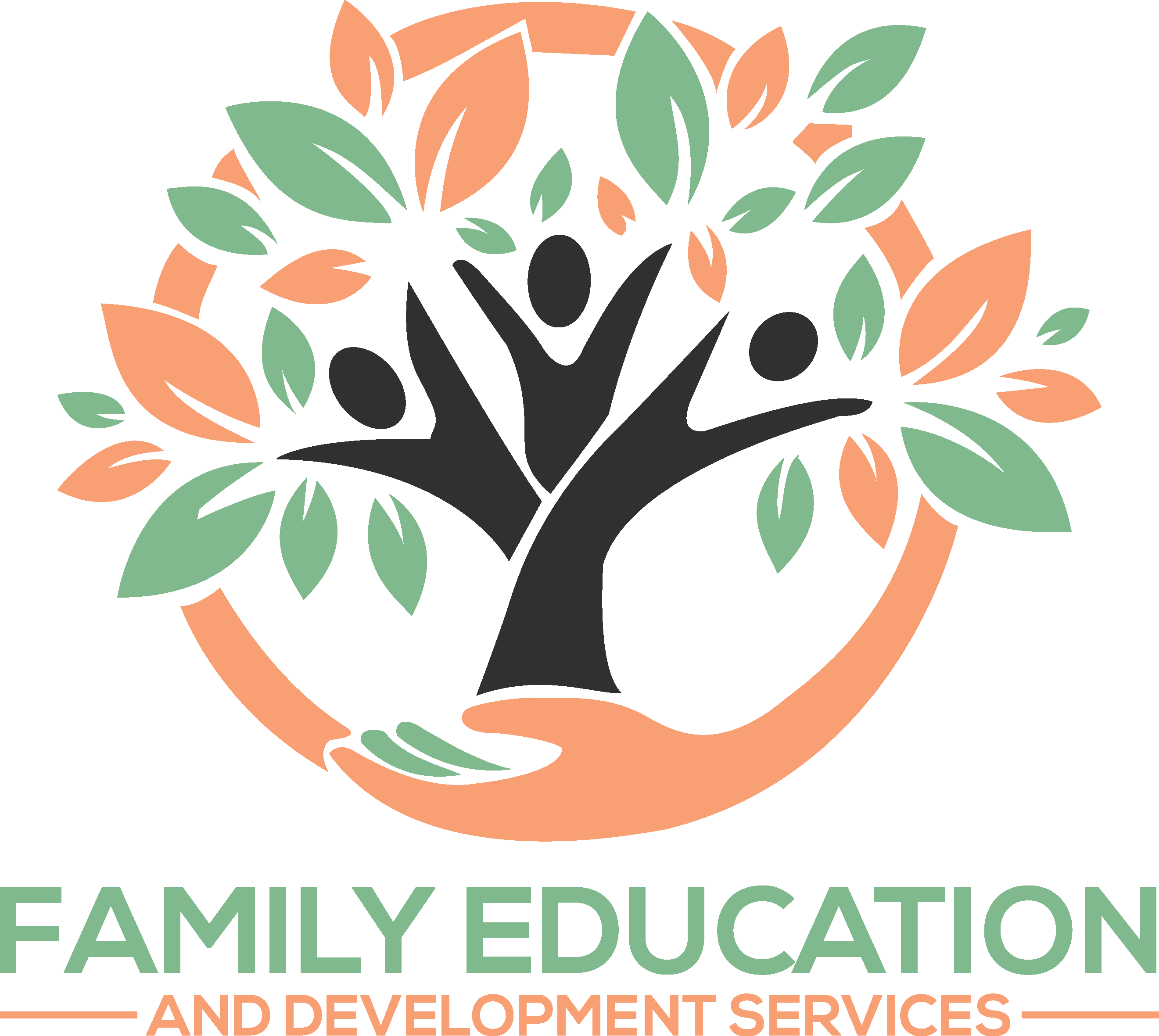Because the needs of individual parents and children vary greatly and often depend on family context, strong programs, including those using manualized approaches, generally try to tailor the services to fit individual needs. The importance of such tailored approaches is widely recognized. For example, organizations providing Part C services under the Individuals with Disabilities Education Act (IDEA) look to individual family needs and child characteristics in designing interventions. The importance of personalized approaches to parenting skills also is central in working with parents with mental illness. Depressed parents, for example, may benefit particularly from training in dealing with conflict and difficult child behaviors, whereas those with borderline personality disorder may gain the most from education in providing a consistent routine and nurturing (Beeber et al., 2014; Stepp et al., 2012).
Certain mental health disorders, such as schizophrenia, can lead to difficulty responding to emotional cues from infants and children, so programs that promote coaching to increase these skills may be particularly useful for individuals with those disorders, especially given the importance of early infant




